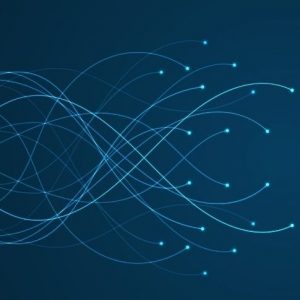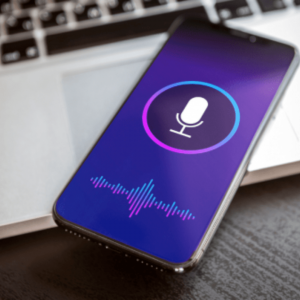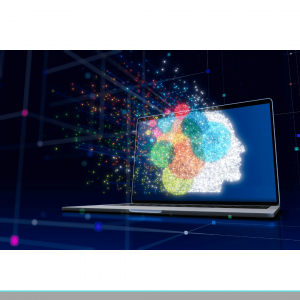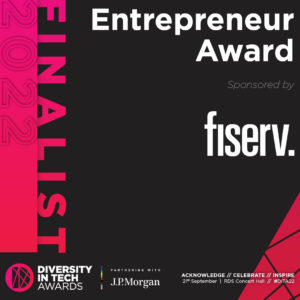
When I access my phone for calls, texts, emails or general information, I think of myself as a consumer of information. I see my phone use as an aid to running my business. It allows me to quickly answer questions while I’m out and about, stay on top of breaking news and keep in touch with people about meetings or travel so that I am respectful of their time if I am running late, or thankful for their time if I have concluded a meeting. I would categorize my phone as a business aid.
“Ah – but you are doing much more than that!” says Mary Aiken, Chair of the Department of Cyberpsychology at Capital Technology University in Washington DC. In a recent Q&A with journalist Dearbhail McDonald, which I was fortunate enough to attend, Mary outlined her view that essentially, when you click on your phone, you enter cyberspace. You leave the real world and enter a space where you behave and interact differently.
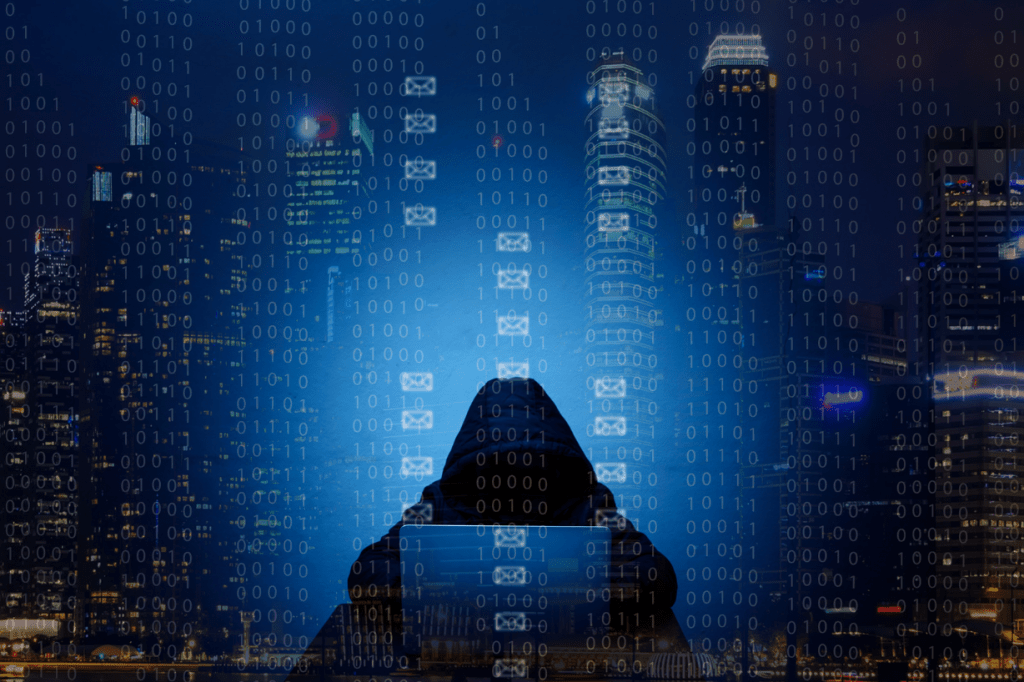
Cyberspace and the Outside World
She pointed to two key differences in behaviour in this cyber environment.
The first was Disinhibition. The fact that people lose their inhibitions and feel free to behave and comment in whatever way they like. This is also, I would think, closely connected to what Dr John Suler called a “minimization of status and authority”. There are no authority figures, or no ‘superiors’ visible in cyberspace to inhibit your behavior.
The second difference she identified was invisibility. She pointed out that people are now talking about invisibility – or anonymity – as a “fundamental human right”. It is not, she says. It is a byproduct of cyberspace and a relatively new construct. People are not entitled to be anonymous. Anonymity is a construct of cyberspace.
The Path Forward
So, how is she proposing to tackle this? She believes that, just like FinTech and MedTech there should be a SafetyTech sector where access in cyberspace, which leads to bad behaviour, is regulated. This regulation would need to be worldwide (otherwise it would become subject to regulation tourism!) and would provide collective security for everyone accessing cyberspace.
Notes:
Mary Aiken, Chair of the Department of Cyberpsychology at Capitol Technology University,
Dr John Suler from Rider University is author of “The Disinhibition Effect,” in which he also discussed the “minimization of authority”.







